It is one of the great set-pieces of high drama in English history. The king, shamed by his part in the murder of his one-time friend turned implacable enemy, the Archbishop of Canterbury, agrees to come as a penitent to the holy site of the archbishop’s death to seek forgiveness and, in a conspicuously unkingly gesture, to prostate himself at the martyr’s tomb. By the time he does so, the innocent blood spilled in the cathedral has begun to attract pilgrims from all over Europe, drawn by the miracles performed at the place where royal anger unleashed such unprecedented violence. In the words of Matthew Strickland, the king showed himself to be ‘overcome with feelings of guilt and remorse’.
The Archbishop, of course, is Thomas Becket, murdered in Canterbury Cathedral by four knights acting on what they interpreted as the wishes of Henry II. But the first royal visitor to lie before the tomb, and to ‘humbly beg pardon for the injuries’ Thomas suffered, was not Henry II himself but his son, Henry ‘the Young King’, who by the time of his journey to Canterbury in 1172 had been anointed, crowned and established as ‘associate ruler’ for two years, in a ceremony every bit as lavish and filled with ritual significance as his father’s coronation.
Though only 17 years old when he made the pilgrimage to Canterbury, his most significant intervention on the political stage so far, Henry the Young King had been entrusted with more than a measure of authority by his father, as Strickland shows in this scrupulous and vivid life. He had been appointed regent during his father’s absence in Normandy, with nominal power to exercise ‘all rights and justices’, even if in practice the old King also left more experienced heads behind to govern policy.
The idea of crowning your heir was not a new one, though it had no precedent in post-Conquest England, and only one confirmed instance from the Anglo-Saxon period. It was, however, as Strickland sets out, a recognised custom both in Scotland and on the Continent — and Henry II was a continental magnate before he was an English king. The roots of Henry’s desire to associate his son with direct rule before inheritance are not hard to find. They lay with his own troubled path to the throne, via his mother Matilda, the daughter of Henry I who, despite her father’s attempt to bind the Anglo-Norman barons to her during his lifetime, had been swiftly passed over in favour of a cousin, Stephen of Blois. That usurpation, as Matilda and her followers viewed it, had led to a long and bitter civil war that only ended when Stephen’s own eldest son Eustace (whom he had tried and failed to have crowned) predeceased his father.
Henry the Young King also died early, aged 28 in 1183, and when he has figured in previous modern accounts of Henry II’s reign, it is as a not very impressive or a particularly likeable personality. W.L. Warren, the doyen of Henry II biographers, is quoted by Strickland describing the Young King’s combination of charm, popularity and ‘gross irresponsibility’, forgiven by his supporters as the ‘mischievousness of a lively boy’ — though in a world where titled young men were expected to grow up quickly, young Henry had more than a decade to cast off that description.
Young Henry has attracted the criticism of his contemporaries and their successors down the years because, if he is remembered at all, it is for disloyalty on a grand scale. In 1173, not long after that journey to Canterbury, Henry led a grand alliance of disaffected barons, along with two of Henry II’s other sons, Geoffrey and Richard, and linking up with the French king Louis VII, against his father. They attacked Henry II’s empire from all sides, most aggressively in Normandy and the English Midlands, while another ally, the Scots king William the Lion, assaulted Northumberland.
A weaker man than Henry II might have been overcome by the combination of threats and the shock of his own family (including, most likely, his wife Eleanor of Aquitaine) turning so spectacularly against him. But Henry met each outbreak with speed and decisiveness, relying on those who stayed loyal to extinguish the menaces one by one. He even managed to re-establish relations with his son, though for the rest of the Young King’s life (one devoted, as Strickland narrates, to alternating passions of the tournament and attempting to gain some real authority — the root cause of his initial rebellion), there would be a measure of mistrust.
Strickland’s book is a marvellous act of recovery of a mostly forgotten life, and a re-creation of a world veering between elaborate chivalry and uncompromising realpolitik. If he never quite succeeds in convincing us that his subject is much more a solider-citizen than he has previously seemed to be, he goes one better by contributing to the never-ending quest of the medieval historian to enrich our understanding of the Middle Ages, and to banish once and for all the notion that this was a time any less sophisticated, cultured — or more mindlessly violent — than our own.
The post A lively, rebellious boy appeared first on The Spectator.
Got something to add? Join the discussion and comment below.
Get 10 issues for just $10
Subscribe to The Spectator Australia today for the next 10 magazine issues, plus full online access, for just $10.
You might disagree with half of it, but you’ll enjoy reading all of it. Try your first month for free, then just $2 a week for the remainder of your first year.

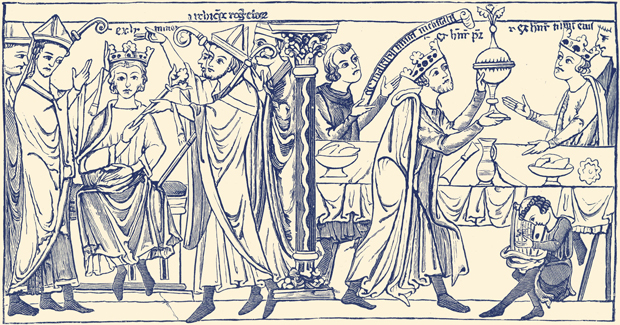
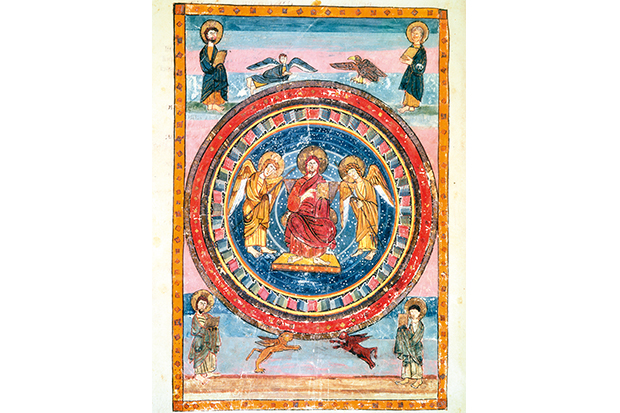
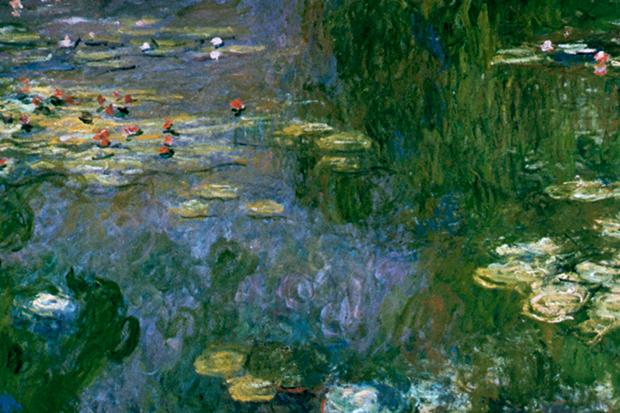

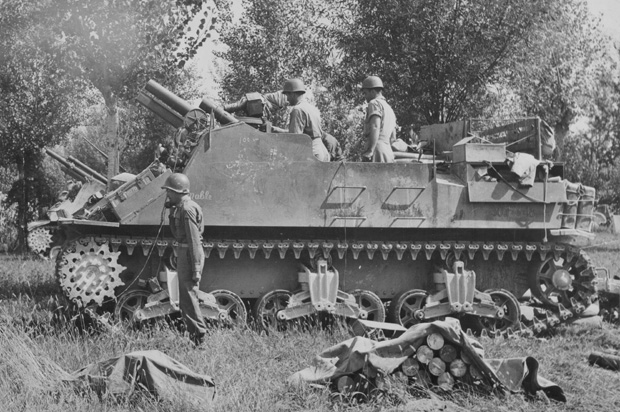
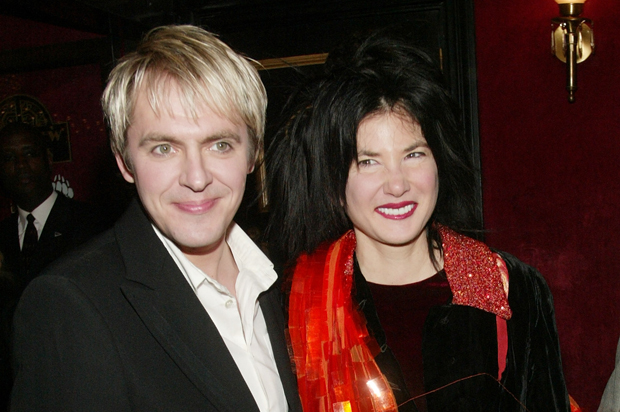







Comments
Don't miss out
Join the conversation with other Spectator Australia readers. Subscribe to leave a comment.
SUBSCRIBEAlready a subscriber? Log in